5 Essential Dental Implant Aftercare Tips
When you could benefit from having an added tooth to your smile, dentists will often recommend dental implants, as they are one of the most effective options out there. They provide a patient with a beautiful tooth, or multiple teeth, that blend seamlessly into your smile. That being said, patients who undergo oral surgery to receive one or more implants have a lot of things to keep in mind.
Your oral surgeon will offer advice regarding how to take care of the implant and will ensure that you are healthy before, during, and after your operation. In this article, we will offer some of the specific guidance that you need in order to take care of your implant best. But first, let's get into the specifics about what exactly a
dental implant is.
What Are Dental Implants?
Dental implants are small posts, generally made of strong titanium. The posts serve the same function as the roots of your other teeth do. Over time, your mouth will adjust to the post and grow around it so that it remains sturdy and unmoving. An abutment — sometimes referred to as a connector — is placed into the end of the dental implant. This connects the post to the replacement tooth.
Lastly the replacement tooth — a crown — is created specifically for your mouth and placed onto the abutment. The tooth will be designed to look exceptionally natural in terms of color, size, and shape. Dental implants have a success rate of about 98%, according to Web MD. Now that we've outlined the basics of what a dental implant is, let's get into how you should go about aftercare.
1. Do Not Brush Too Intensely
For the first few days after your operation, the gum tissue surrounding the dental implant is likely to be both sore and sensitive to the touch. While you do want to keep the area clean, you do want to wait a couple of days prior to going in vigorously with a toothbrush. You can use warm or hot water to soften the bristles of your toothbrush before delicately brushing the area with your dental implant.
2. Keep Oral Health in Mind
Though you want to avoid rough brushing, you do need to keep your mouth clean. Rinsing with saline water or salt water for a few moments will help to keep your mouth free of bacteria. When swishing, be cautious. Do not swish too intensely. Consider just holding the water in your mouth for a short while and very gently swishing.
3. Pay Attention to Reactions
Keep track of how your mouth is healing. Your dentist will warn you in advance that there is likely to be some level of swelling. This can be aided with an ice pack or OTC medicine. OTC painkillers can also help with minor pain. For recommendations about specific medicines to purchase, be sure to ask your dental surgeon. If you find your body has any sort of negative reactions, or you notice symptoms that your dentist did not prepare you for, call your dentist.
4. Stick to Soft Foods at First
For the first few days after your dental surgery, dentists recommend keeping to a soft food diet. Foods like smoothies, applesauce, mashed potatoes, soups, and yogurt are not likely to irritate your implant or cause additional pain. After a little while, you can slowly make the switch to solid foods. This switch should be gradual.
5. Don't Consume Hot Food or Drink
Your gums need as much time and care as possible to heal properly after your implant surgery. Because of this, you should avoid hot foods and hot drinks such as coffee, hot chocolate, and tea for a little while after your operation. The tissues around your implant will be soft and more sensitive than usual. Drinking cold water will help to speed up the recovery process, and it will feel nice on your gum tissue.
When to Reach Out for Help
Most patients who receive a dental implant should be back to normal after approximately two weeks post-op, though it does take roughly 3-6 months for the bone to grow around your implant. Should you feel pain after this period of time, something may be wrong. You should contact your dentist for an exam to ensure that everything is healing as it should. You could have an infection or, in very rare instances, your body could be rejecting the implant.
For more information, do not hesitate to call Swanson Jay I DDS MD. Our staff is friendly and knowledgeable!


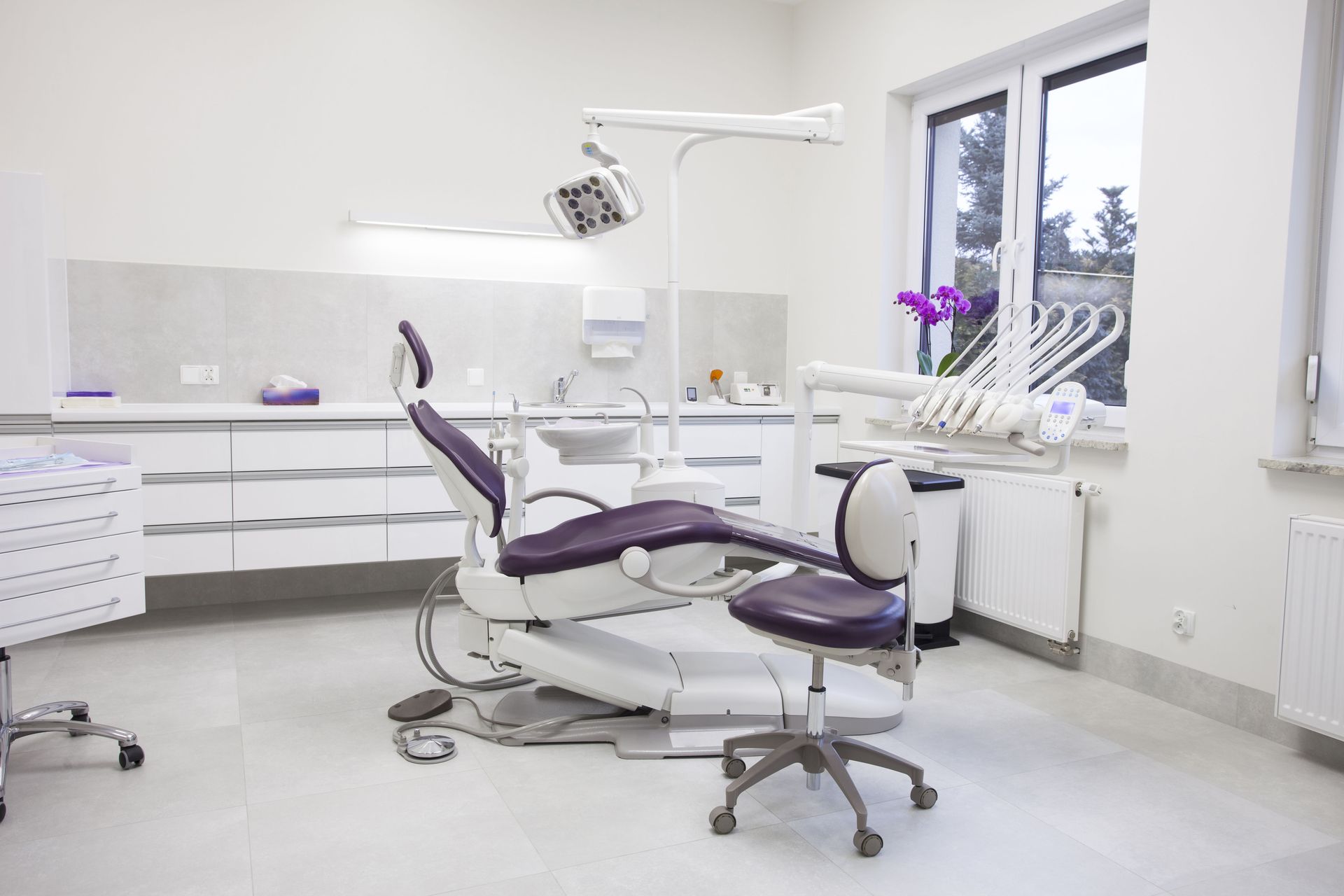



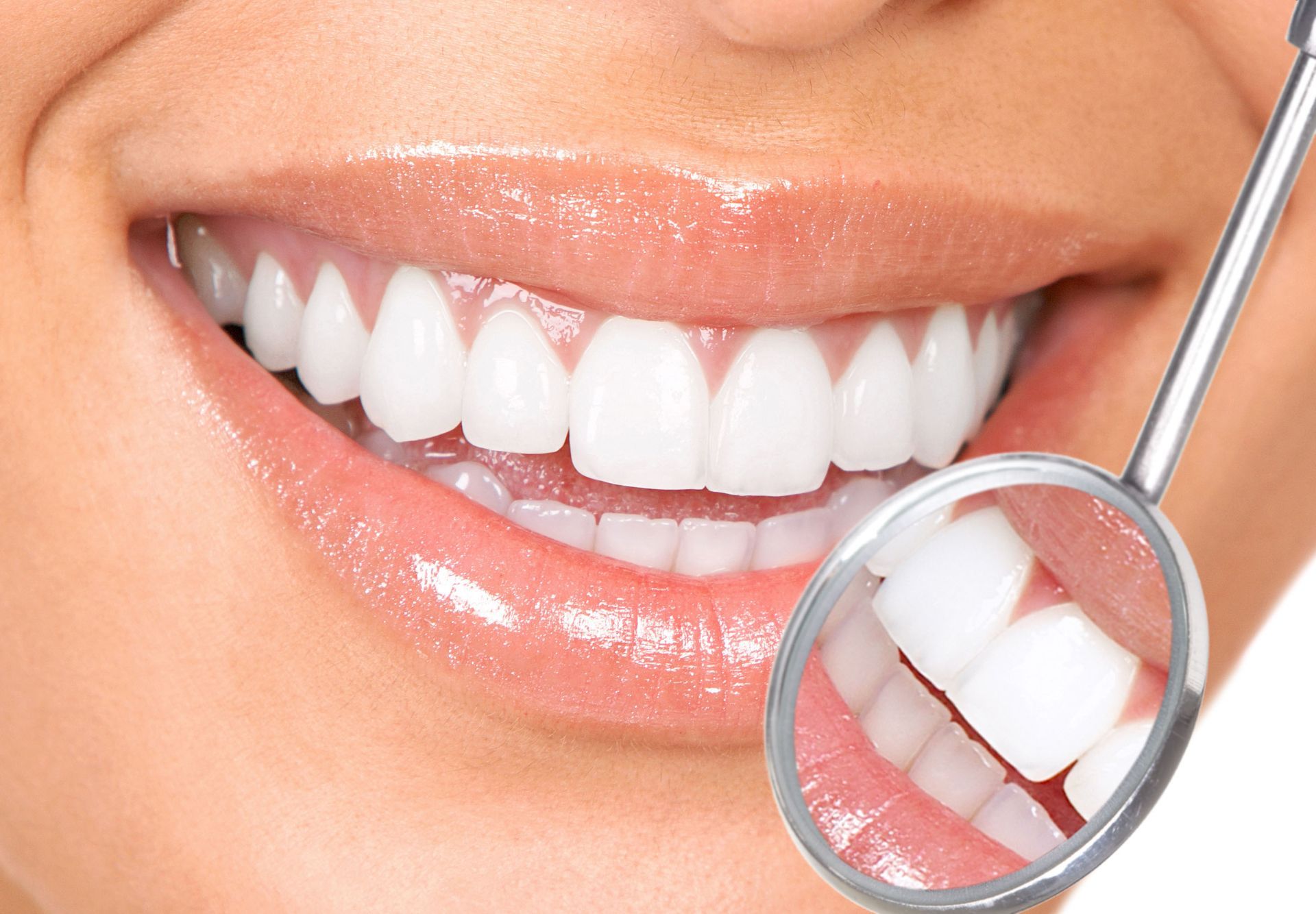
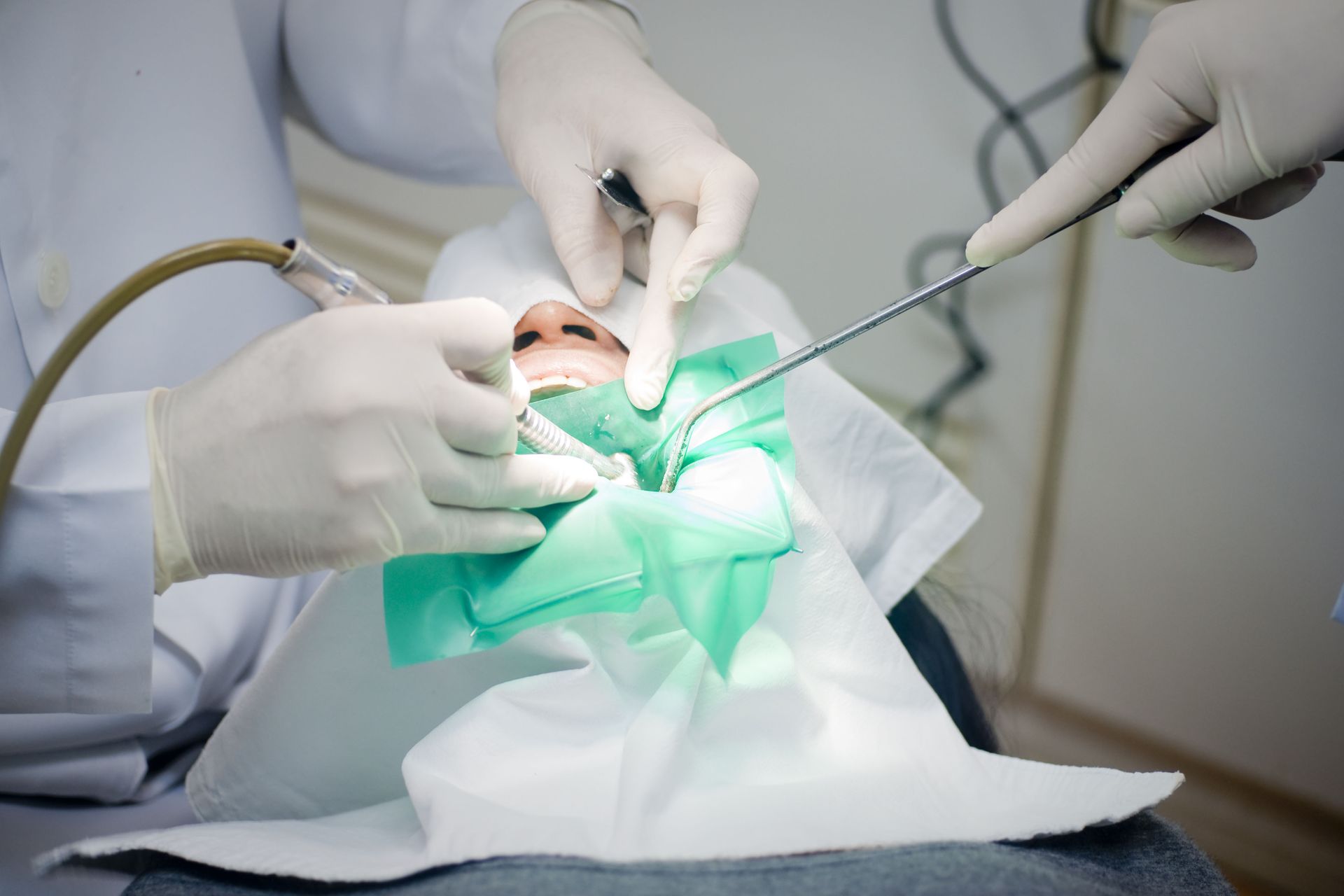
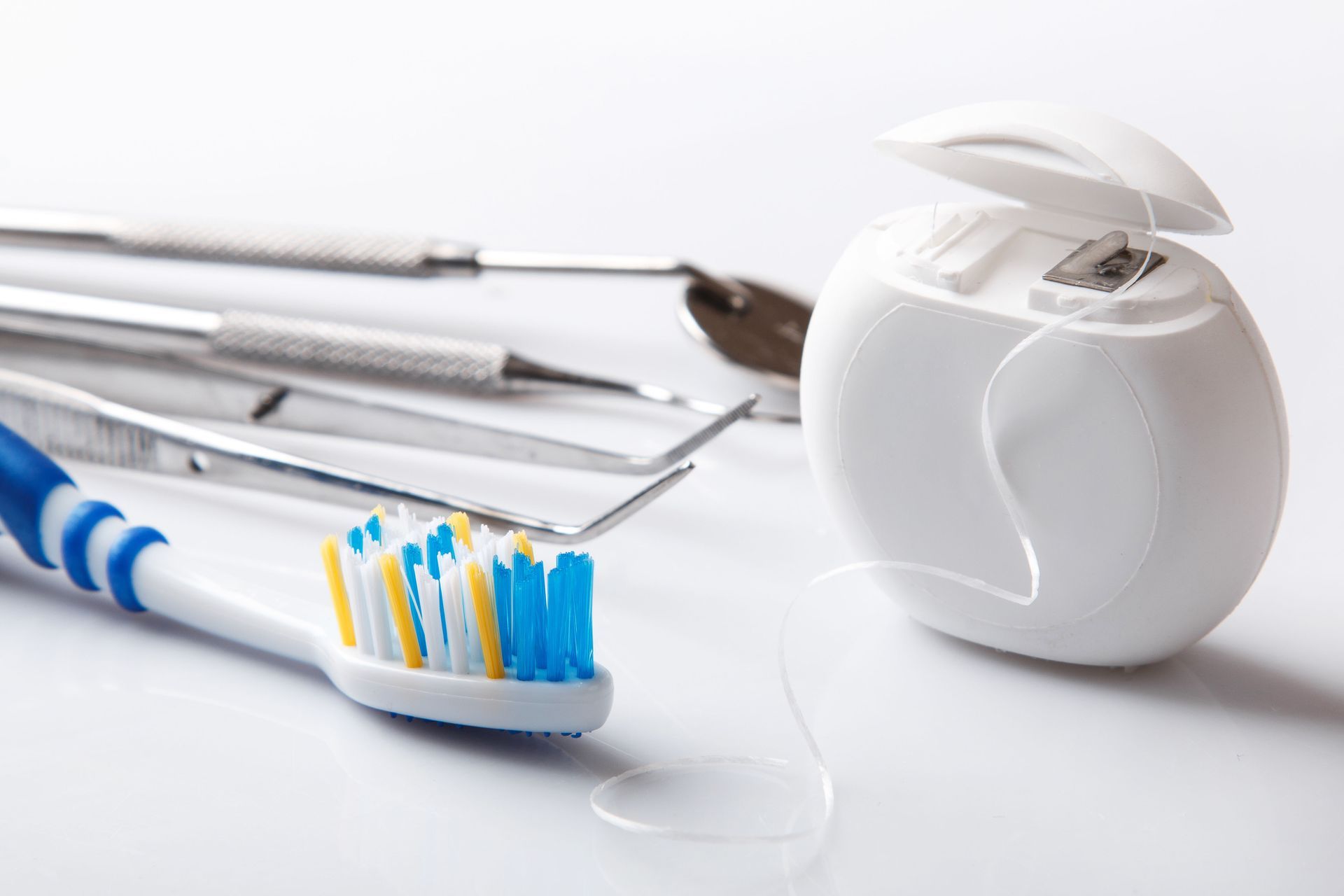
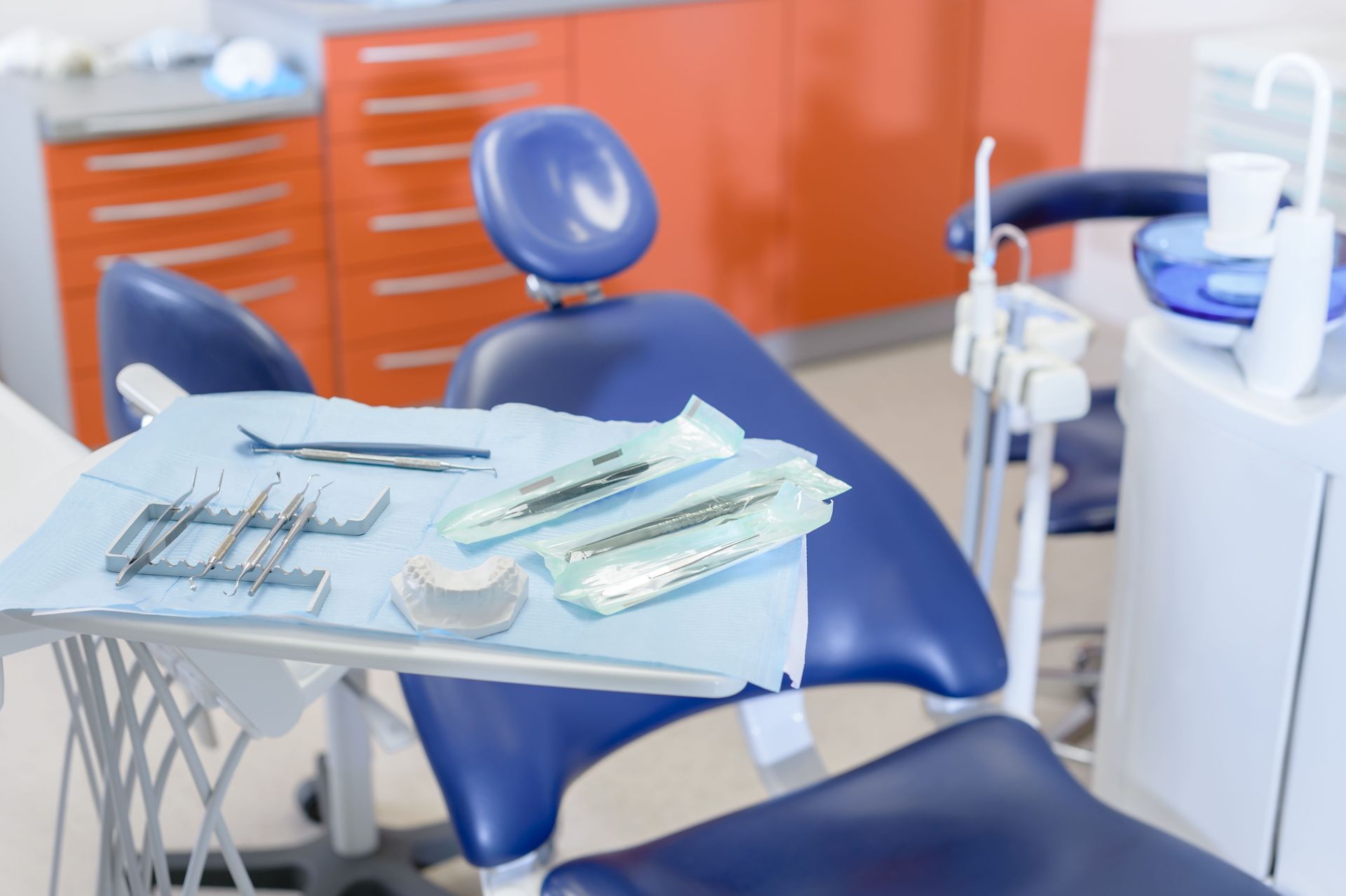

Share On: